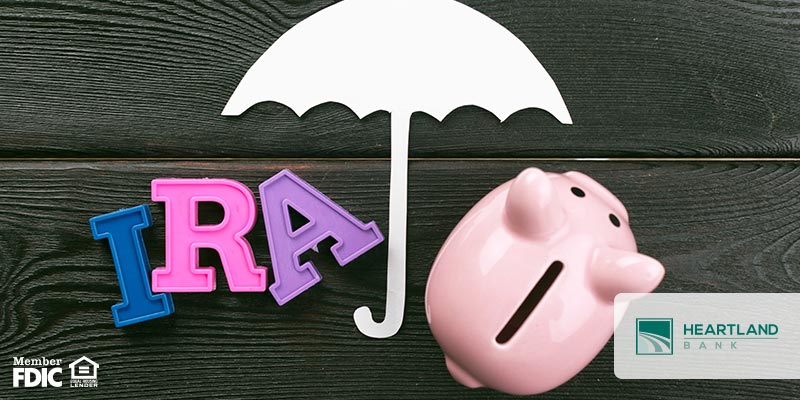
If you’re fortunate, your parents may have taught you how to save your allowance or a certain percentage of each paycheck. If not, we are here to help you at the beginning of your financial journey as an adult! Stay tuned for some simple tips you can start doing now to strengthen your current and future financial habits.
Create a Budget
Most adults who have been managing their money for years have yet to figure out how to stick to a budget. You have the opportunity to stay ahead of the curve by building the right habits now. This will help you to control your spending and saving.
You first need to decide what amount you want to put into savings every month. Next, determine how much money you need to spend on rent, food and other bills. You can make as many categories as you like. Don’t forget to include a category for fun. Use it as you please, but when it is gone, it’s gone. You are making a promise to yourself that your financial security is more important than a splurge.
Buy Used, Not New
Unfortunately, the cost of new textbooks is astronomical. As a college student, it is most often going to be wiser to buy used than new. With a used textbook, you will pay significantly less and may even be lucky to see the former owner’s notes. Think about what other purchases you need to make and if it would be better to buy them used. The answer will most often be yes.
Be Smart With Your Credit
It is a great idea to start building up your credit history. However, if you aren’t paying off what is due at the end of every month, a credit card may not be the right choice for you. Deep credit card debt burdens many because they made purchases that they could simply not afford. Be sure to use the card for needed items and not sudden splurges.
Take Advantage of Free Entertainment
One great part of being a college student is all of the free activities that your campus has to offer! There’s no reason you need to spend money going to a big movie theater when most college campuses have their own movie showings free for students every weekend. Check out your campus Student Activities Board to see what free fun you can get in on!
Use Cash
This is a great rule for anyone, not only college students. However, we believe it is a helpful habit to start now. If you have a problem with impulse purchases, we recommend using the “fun money” portion of your budget as cash only.
If you go out to have fun with friends for the night, you know the exact amount of money you have to spend. No more, no less. For some reason, it is much harder to spend cash than it is to make a purchase on a card. This will help you to control your spending when you’re having fun.
We have plenty of savings options available for college students looking to grow their funds! Take a look to see what option best fits your needs.










